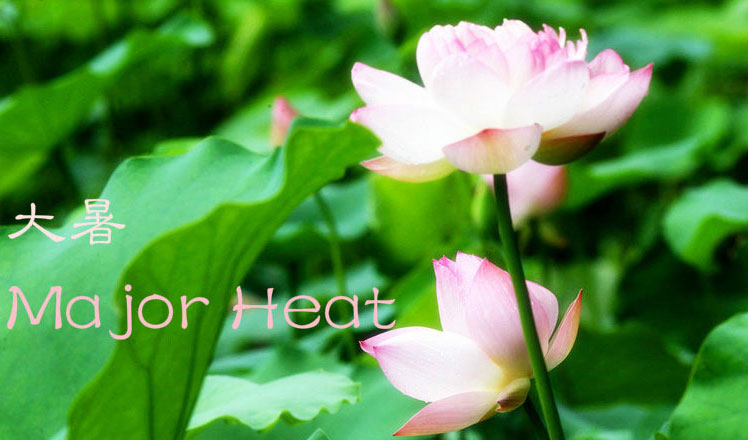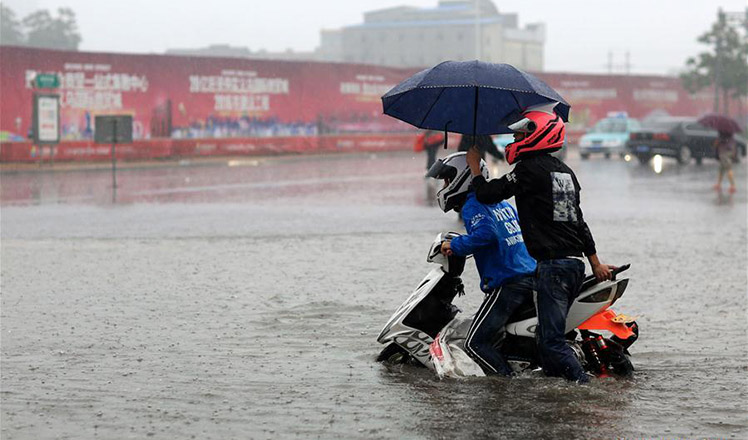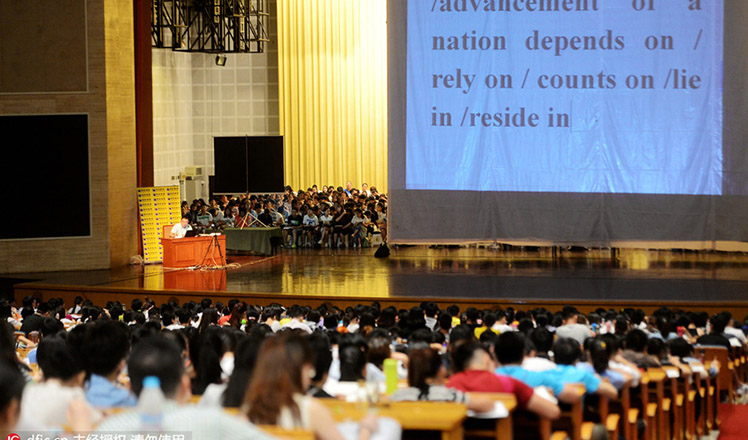Trump would drop TPP, adviser says
Updated: 2016-07-23 03:05
By Li Xiaokun(China Daily)
|
|||||||||
Republican presidential nominee Donald Trump, if elected, would shelve US participation in the Trans-Pacific Partnership, one of his advisers said.
"The TPP will no longer exist in the world of Trump," Peter Navarro, an adviser and economist, told the Chinese website of BBC in Cleveland, Ohio, where the Republican National Convention was held this week. The story was published after the party's convention concluded on Thursday.
The TPP, seen by many as a tool for containing China, is a pact among a dozen Pacific Rim nations that aims to boost the countries' economic ties. It currently awaits ratification.
On Trump's China policies, Navarro said that unlike US President Barack Obama, who has pushed forward a high-profile, so-called pivot to Asia strategy, Trump would keep a low profile in his China policies and be respectful toward the country.
Still, Trump on Thursday harshly criticized China on such issues as intellectual property rights protection, "illegal product dumping" and "currency manipulation".
He spoke as he accepted the Republican Party's presidential nomination in Cleveland.
Trump said he would renegotiate trade deals, specifically mentioning China's World Trade Organization accession agreement.
The Republican criticisms of China are contained in the party's policy platform, which was adopted at the convention. It refers to China's territorial claims in the South China Sea as "preposterous".
Foreign Ministry spokesman Lu Kang said that promoting stable Sino-US relations is in the interests of both countries, the Asia-Pacific region and the world in general.
"It is the right direction that both countries should stick to," he told China Daily on Thursday when asked to comment on the platform.
Teng Jianqun, director of the Department for American Studies at the China Institute of International Studies, said that due to Trump's commercial background and lack of public service experience, the nominee's focus on China-related issues is mainly limited to the business and trade field.
"He is very clear that the TPP is targeted at China and is hard to push forward any further now," Teng said, adding that quitting the TPP would herald an end to the pivot-to-Asia strategy.
By putting the pivot strategy aside and taking a low-profile policy toward China, Trump would be answering calls in the US to review Obama's foreign policies, Teng added. "Many believe one of the largest mistakes Obama has made is to challenge China and Russia at the same time."
Fan Jishe, a US researcher at the Chinese Academy of Social Sciences, said the US presidential candidates' harsh remarks do not necessarily mean they would adopt harsh policies toward Beijing after taking office, as history has proved.
"It still needs some time to tell what Trump's actual stance is on China," Fan said.
Douglas Paal, vice-president of the Carnegie Endowment for International Peace, said in Beijing earlier this week that US National Security Advisor Susan Rice will visit China soon to "help Beijing and Washington smoothly go through" the coming transition of US administrations, according to Chinese media.
Agencies contributed to this story.
- Fashion of Queen Elizabeth on exhibition in London
- Hollande urges Britain to begin EU exit talks 'as soon as possible'
- Trump vows law and order if elected
- Chinese cuisine stuns Thai princess
- Security Council holds first secret poll on next UN chief selection
- Turkey's Erdogan declares state of emergency after coup bid

 Things you may not know about Major Heat
Things you may not know about Major Heat
 Unveiling the secrets of Elizabeth II’s wardrobe
Unveiling the secrets of Elizabeth II’s wardrobe
 Go global: Wanda's top 10 foreign acquisitions
Go global: Wanda's top 10 foreign acquisitions
 Hot pepper and ice tub challenge held in E China
Hot pepper and ice tub challenge held in E China
 Ten photos from around China: July 15 – 21
Ten photos from around China: July 15 – 21
 Heavy rain, floods across China
Heavy rain, floods across China
 Super-sized class has 3,500 students for postgraduate exam
Super-sized class has 3,500 students for postgraduate exam
 Luoyang university gets cartoon manhole covers
Luoyang university gets cartoon manhole covers
Most Viewed
Editor's Picks

|

|

|

|

|

|
Today's Top News
Ministry slams US-Korean THAAD deployment
Two police officers shot at protest in Dallas
Abe's blame game reveals his policies failing to get results
Ending wildlife trafficking must be policy priority in Asia
Effects of supply-side reform take time to be seen
Chinese State Councilor Yang Jiechi to meet Kerry
Chinese stocks surge on back of MSCI rumors
Liang avoids jail in shooting death
US Weekly

|

|









